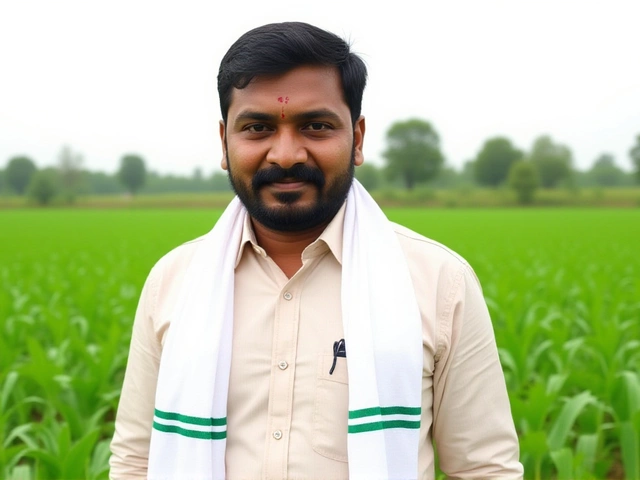Detainee – News, Rights, and Practical Guidance
Ever wonder what being a detainee really means and how it affects everyday people? In simple terms, a detainee is anyone held by authorities while an investigation or legal process is underway. The conditions, legal protections, and duration of detention can vary wildly, which is why staying updated matters.
Understanding Detainee Rights
First off, detainees aren’t just sitting in a cell with no recourse. Most countries grant basic rights: the right to be informed of the reason for detention, access to legal counsel, and protection from cruel treatment. In India, for example, the Constitution guarantees a speedy trial and the right to bail unless a court decides otherwise. Knowing these rights helps families and advocates spot red flags early.
Second, the length of detention matters. Some places impose a 48‑hour limit before a judge must review the case; others allow longer holds if the crime is serious. If you suspect a detention is exceeding legal limits, filing a habeas corpus petition is often the first step. It forces a court to examine whether the hold is lawful.
Third, health and safety are non‑negotiable. Detainees should receive medical attention, proper nutrition, and a safe environment. If those standards aren’t met, human‑rights groups can intervene, and courts may order immediate remedial action.
How to Stay Updated and Get Help
Keeping tabs on detainee news isn’t as tough as it sounds. Follow reputable news outlets, set Google alerts for keywords like "detainee rights" or "detention updates," and join online forums where families share experiences. Social media platforms often surface breaking stories faster than traditional media.
If you or someone you know is facing detention, start by contacting a local legal aid clinic. Many NGOs offer free consultations and can guide you through filing bail applications or filing complaints about mistreatment. Don’t wait for the system to move; a prompt call can make a huge difference.
Lastly, consider supporting advocacy groups that lobby for policy changes. Whether it’s donating, signing petitions, or volunteering, collective effort pushes governments to tighten detention standards and protect rights.
Staying informed, knowing the basics of detainee rights, and acting quickly when something feels off are the three pillars of effective support. Use this page as a quick reference, and remember: knowledge is the best tool when navigating the often‑confusing world of detention.

A man from Bareilly in Uttar Pradesh was detained by the police after he was accused of looting a bank. However, soon after he was detained, he died in police custody. The autopsy report revealed that he died due to torture by the police officers. Following this, the police officers have been booked for murder and an investigation has been launched. The family of the man has accused the police of taking the law into their own hands and mistreating the accused. The police, however, have denied any wrong-doing.
Continue Reading





